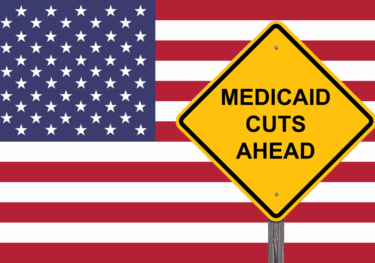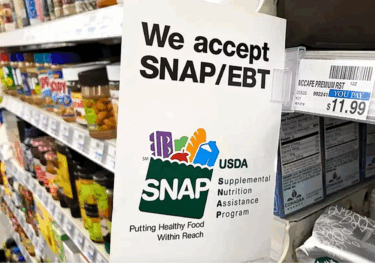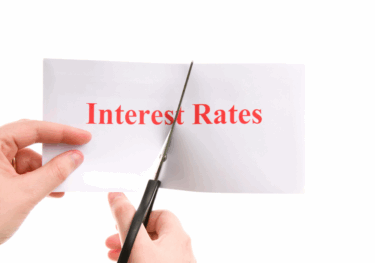Recent Release | 22 May 2023
The Impact of Tax-Free Shopping in the UK

Economic Consulting Team
Oxford Economics

This study presents an assessment of the implications of reintroducing Tax-Free Shopping (TFS) in the UK.
The UK Government’s Autumn 2022 Growth Plan examined the potential reintroduction of tax-free shopping for non-EU27 and extending the scheme for EU27 visitors. HM Treasury estimated that implementing this scheme would incur costs to the Exchequer of £1.3 billion in 2024/25 and £2.0 billion in 2025/26, based on anticipated VAT refunds. However, these estimates did not account for the impact on visitor incentives.
To evaluate the consequences, the Association of International Retail (AIR) commissioned Oxford Economics to conduct an independent assessment.
According to our research, the actual fiscal cost of implementing tax-free shopping in the UK would be over 70% lower than HM Treasury’s estimate. This discrepancy is due to both an expected overestimation of the value of refund claims and the failure to consider the policy’s influence on visitor behaviour.
Our modelling indicates that the economic footprint supported by the additional foreign visitor spending would offer a considerable boost to the UK tourism and wider economy, sustaining over 78,000 jobs and £4.1 billion in GDP. Whilst it would be reasonable to contest that this total contribution will not be fully additional, since it will incorporate some level of displacement, the fact that it is being supported by an increase in export revenue implies that the net boost to UK GDP will be significantly higher than a policy that incentivizes UK consumer spending.
The experts behind the research
Anubhav and Henry, members of the economic consulting team, bring years of experience in quantitative economic analysis and original, evidence-based research, working with clients around the globe and across sectors.

Henry Worthington
Director, Economic Consulting

Anubhav Mohanty
Associate Director
Tags:
You might also be interested in

US supply-chain stress eases as front-loading pressures fade
The reversal of tariff-related front-loading pressures continues to offer relief to our supply-chain stress index.
Find Out More
US Medicaid cuts will hit some states harder than others
Millions are expected to lose coverage due to new eligibility rules and the expiration of premium subsidies.
Find Out More
SNAP cuts will deal a blow to low-income households in the US
The budget reconciliation bill (OBBBA) ushers in significant cuts to the federal government's nutrition assistance program, or SNAP, that will fall the hardest on lowest-income households.
Find Out More
Why UK interest rate cuts remain a blunt tool
The Bank of England's Monetary Policy Committee has delivered 100bps of rate cuts since its easing cycle began in August 2024.
Find Out More